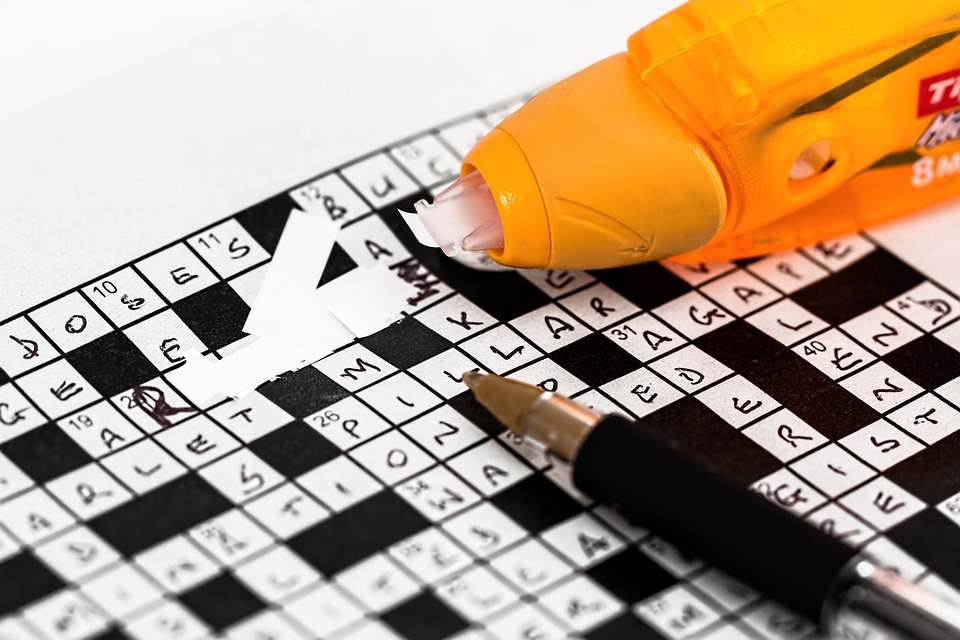
Solving puzzles has always been a popular pastime for people of all ages. Whether it’s a jigsaw puzzle, crossword, Sudoku, or even a Rubik’s cube, puzzle-solving can be a fun and engaging way to challenge our minds. But did you know that solving puzzles can also have a positive impact on our cognitive skills? In this article, we will explore the ways in which solving puzzles can improve cognitive skills and why it is important to incorporate this activity into our daily routines.
Improving Memory
One of the key benefits of solving puzzles is that it can help improve memory. When we engage in puzzle-solving activities, we are required to use our memory to recall information, patterns, and sequences. This constant use of memory can help strengthen our ability to remember information, which can be beneficial in various aspects of our lives, such as learning new things, remembering names and faces, and recalling important information.
Enhancing Problem-Solving Skills
Puzzles are essentially problems that need to be solved, and as such, solving puzzles can significantly enhance our problem-solving skills. When faced with a puzzle, we are forced to think critically, analyze the situation, and come up with strategies to solve it. This type of mental exercise can help sharpen our ability to think logically, creatively, and strategically, which is essential for solving real-life problems and making informed decisions.
Boosting Concentration and Focus
Solving puzzles requires a great deal of concentration and focus. Whether it’s putting together a jigsaw puzzle or filling in a Sudoku grid, we need to pay close attention to the details and stay focused on the task at hand. This ability to concentrate for extended periods of time can be transferred to other areas of our lives, such as studying, working, and even social interactions, where focus is crucial for success.
Stimulating the Brain
When we engage in puzzle-solving activities, we are essentially giving our brains a workout. Just like any other muscle in our body, our brains need regular exercise to stay healthy and function optimally. Solving puzzles can help stimulate the brain by challenging it to think in different ways, which can help improve cognitive functions such as attention, reasoning, and processing speed.
Conclusion
Overall, it is clear that solving puzzles can have a significant impact on cognitive skills. From improving memory and problem-solving skills to boosting concentration and stimulating the brain, puzzle-solving can offer a range of benefits for our mental well-being. Therefore, it is important to incorporate puzzle-solving activities into our daily routines to maintain and improve cognitive functions.
FAQs
Why do we need to improve cognitive skills?
Improving cognitive skills can lead to better mental performance and overall well-being. It can also help with learning, problem-solving, and decision-making.
What types of puzzles are best for improving cognitive skills?
Any type of puzzle that requires critical thinking, problem-solving, and memory recall can help improve cognitive skills. This can include jigsaw puzzles, crosswords, Sudoku, and brain teasers.
How often should I solve puzzles to see improvement in cognitive skills?
Consistent puzzle-solving, even just a few times a week, can help improve cognitive skills over time. It’s important to make it a regular part of your routine for the best results.
Why do we need a website for this article?
Having a website for this article allows for easy access and sharing of the information with a wider audience. It also allows for the inclusion of interactive puzzle-solving activities and resources for further learning.
What are some quality keywords for this article/post?
Keywords such as “cognitive skills,” “puzzle-solving,” “problem-solving,” “memory improvement,” and “brain stimulation” can help rank this article/post for relevant searches.




